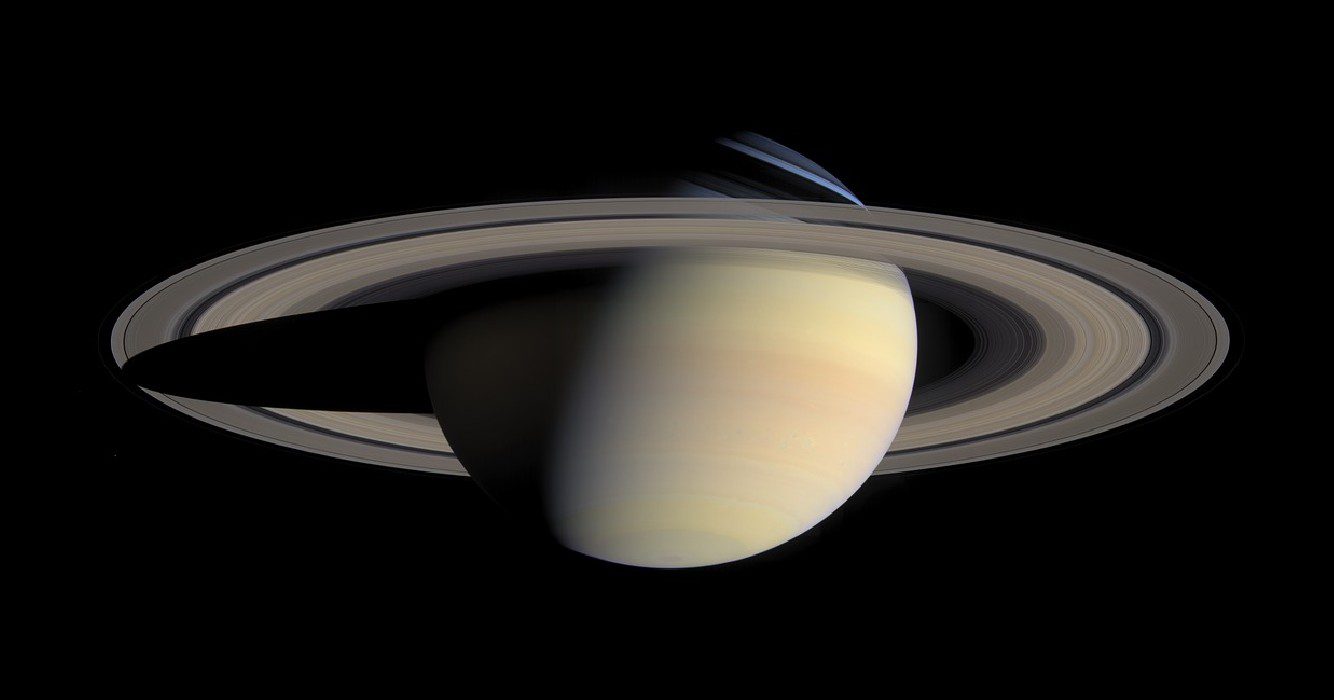One of humanity’s most important concerns, “Are we alone in the universe?” is one that every scientific discovery helps us get closer to answering. On one of Saturn’s moons, NASA researchers recently discovered a significant discovery that revealed phosphorous, a necessary component of life. The consequences of this discovery for the quest for extraterrestrial life may be profound.
A Huge Discovery

NASA scientists have discovered phosphorus on a Saturn moon during one expedition. The hunt for extraterrestrial life is currently complicated by the presence of phosphorus, one of the essential components required for the origin and maintenance of life as we know it. The importance of phosphorus in the production of DNA, RNA, and ATP (adenosine triphosphate), the life’s energy currency, has drawn the attention of astrobiologists around the world to this momentous finding. Its existence on a celestial body other than our planet suggests that it might be habitable.
Increased Odds

The finding of phosphorus on Saturn’s moon may completely alter how we go about looking for extraterrestrial life. As a clue to potential life, scientists have traditionally searched for evidence of water on distant planets. However, the presence of phosphorus gives these investigations a fresh perspective. According to many scientists, the existence of life necessitates a “Goldilocks” set of circumstances that are neither too hot nor too cold, as well as the presence of a few essential elements, among them phosphorous. This finding increases the possibility of discovering extraterrestrial life by demonstrating that these circumstances might exist elsewhere than on Earth.
Future space missions have exciting possibilities after NASA found phosphorous on Saturn’s moon. It could change the course of space travel by motivating scientists to explore for additional essential components for life. There is hope that this discovery could be the first step in locating life outside of Earth as scientists explore the cosmos further. The ongoing work being done in the fields of astrobiology and space travel may soon reveal the mysterious workings of the cosmos and, possibly, provide a solution to the age-old issue of extraterrestrial life.


